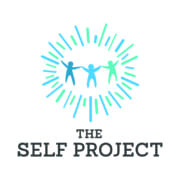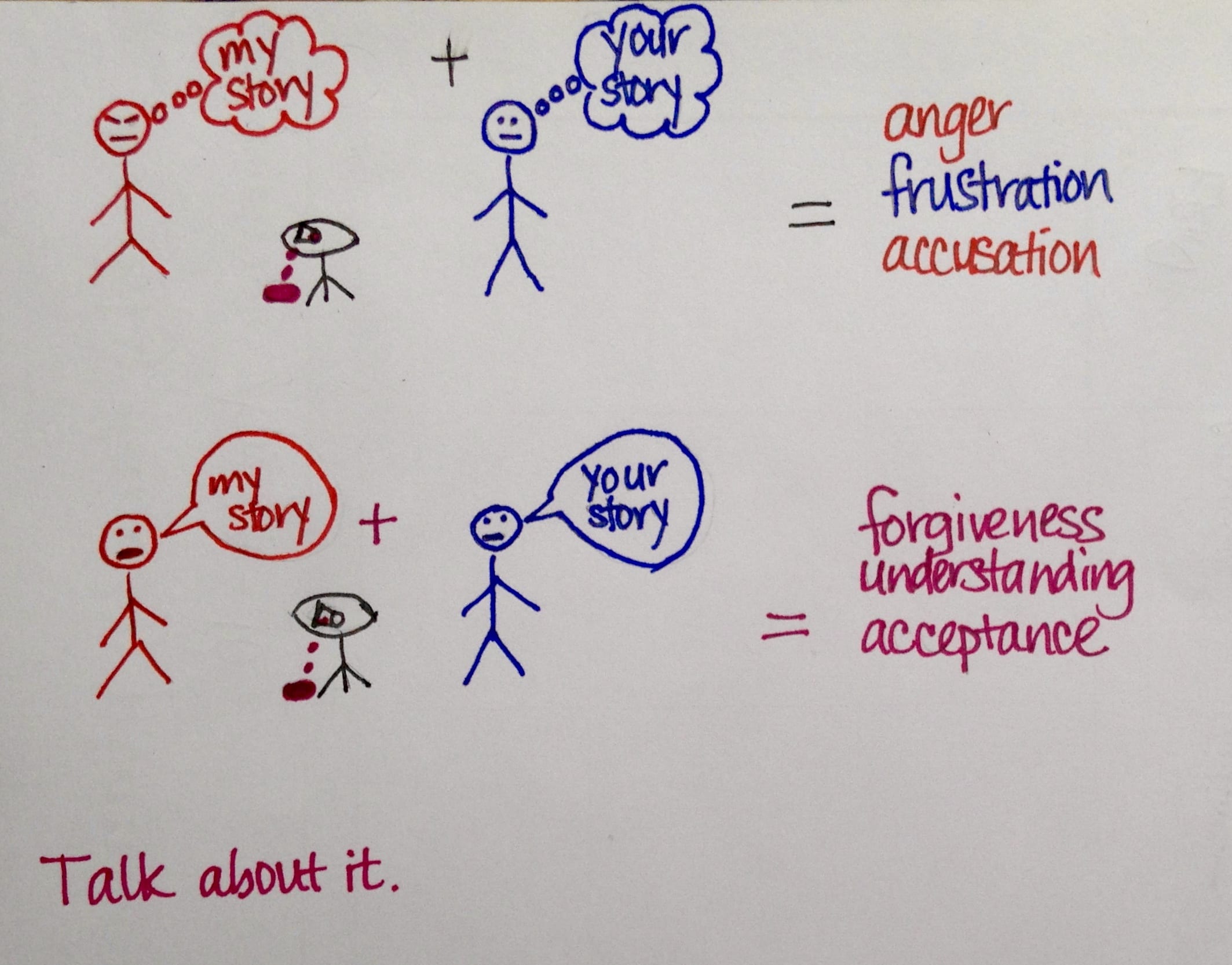Important Elements of Developmental Relationships with Teens
I’ve combined information from three different sources for this post – The Search Institute , a study on developmental relationships, and a presentation by Education Northwest I was lucky enough to attend.
Last time, I wrote about the importance of parent/teen or teacher/teen relationships being evolutionary. Now that you know the why, here are some things to consider about what that kind of a relationship looks like.
According to The Search Institute, there are five types of relationships teens need in order to thrive. Many of these can be provided by the same people, and often these people are not the teen’s parents. These crucial elements are:
- Caring – who, in this teen’s life, is dependable, warm, offers encouragement, listens to the teen and helps build their confidence?
- Growth – who sees this teen’s potential, holds them accountable for their choices, and helps them reflect on their mistakes and define areas for improvement?
- Support – who guides them through systems they encounter, empowers them to find their own path, advocates for them and helps them stay on track?
- Shares Power – who respects this teen, includes them in important decisions, collaborates with them and gives them opportunities to lead?
- Expands Possibilities – who inspires this teen to dream, exposes them to new ideas, and connects them to other people who can inform and assist them?
For any of these to feel authentic, the teen must feel as though the adult truly cares for them and they must care for that adult as well. Over time, there must also be a gradual increase in the amount of responsibility, challenge, and power the teen is allowed as their confidence builds.
So, where do you begin? Ask teens if they feel as though they have relationships with people in each of these five categories. Are there areas where they simply can’t identify anyone? Can you, as their parent or teacher, help them find someone who might fill that niche?
*It is important as a parent to make sure you aren’t offended if your child doesn’t choose you as their go-to person for some of these areas. It is a vital part of their development to be able to form attachments to people other than you as they grow up and become more interdependent.
Here is a pdf of a questionnaire you can give your teen that will help them think about where they might want to shore up some of their adult relationships. developmental-relationship-questionnaire










Leave a Reply
Want to join the discussion?Feel free to contribute!